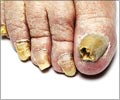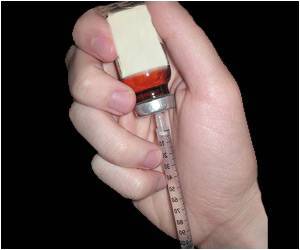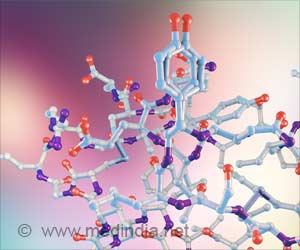Potential lethality due to Systemic fungal infections allows the researchers to exercise measures for developing the antifungal treatment.

‘Systemic fungal infections are potentially lethal although they are a lot more uncommon than other illnesses. With limited treatment options, indeed the increasing resistance formed by the fungi to the accessible medications add to the difficulty. This permits the researchers to adopt measures for improving the antifungal arsenal.’





This makes surgery the only option for fungal treatment and is estimated to worsen the problem as time goes on. Fungi are a group of microorganisms such as yeasts and molds with only a few hundred species having the potential to infect humans. They are found almost everywhere and most of the fungal infections can be fought off easily by people's immune systems.
Still the immmunocompromised systems of people (such as, cancer patients on certain chemotherapies) remain at a higher risk for developing fungal infections.
Hurdles of Antifungal Treatment
The biological associations among humans and fungi make it challenging to formulate a new antifungal drug. Since molecules that are harmful to fungi are also harmful to people, exploiting the differences between humans and fungi is passkey to developing new treatments (for example, fungal cells have walls, but human cells do not).
Advertisement
But, considering the number of people that become very sick with fungal infections, the establishment of clinical trials has been proven challenging. The article insists that the COVID-19 pandemic could help transform the way pharmaceutical companies think about therapies for infectious diseases, thereby prioritizing them in the future.
Advertisement











